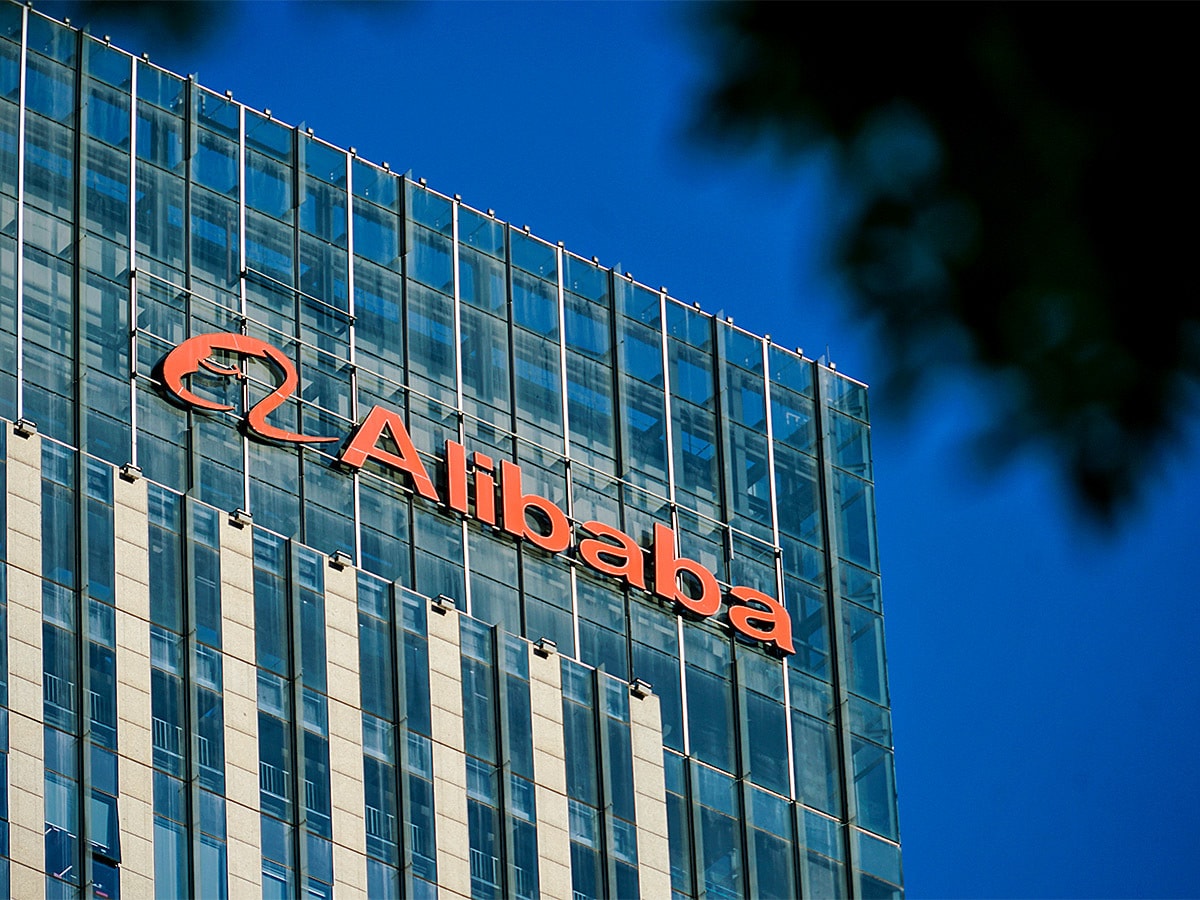Entrepreneur Ryan Cohen became a billionaire when he sold Chewy in 2017. His many investments in meme stocks such as GameStop and Bed Bath & Beyond have made him an icon among retail investors. Cohen’s latest investment in Alibaba is timely, with the Chinese economy reopening from Covid-19 lockdowns.
- Despite spiralling over the past two years, Alibaba’s stock is up 36% so far in 2023.
- The global ecommerce market is expected to grow 56% by 2026.
- Alibaba is the second-largest holding in the KraneShares CSI China Internet ETF.
Alibaba [9988.HK] has been on a rough ride over the last two years. In 2021, a crackdown on tech by the Chinese government caused Alibaba’s share price to begin to deteriorate. It dropped 46.8% to the end of the year after the company was forced to pay $2.8bn in antitrust fines.
A few months later, the Chinese property market collapsed, which suppressed growth forecasts for the region. Now the latest global growth slowdown is rubbing further salt in Alibaba’s wounds, and the stock is down 63.3% from its all-time high of $317.14 on 27 October 2020.
The stock had a minimal reaction to the news of Cohen’s investment, despite the investor’s popularity among meme stock traders. Given that Alibaba has a market capitalisation of $2.43trn, it is more difficult for retail investors to make waves in its share price than it was with the smaller companies Cohen has previously invested in.
Nevertheless, Cohen's investment is timely, as the outlook for Alibaba appears to be be improving. The reversal of Covid-19 lockdown measures in China and positive words towards tech companies from President Xi Jinping have given the shares a boost of 32.3% so far in 2023.
China sales are down, but stand to rally
Alibaba is primarily an online retailer, with Chinese and international commerce collectively accounting for 75% of its revenue. While international revenue grew 4% year-over-year, Chinese commerce decreased by 1%.
However, China has the fastest growing middle class of all the BRIC countries, expanding 47.7% between 2000 and 2018, according to the Pew Research Center. With its middle class catching up with other economies in terms of consumption of goods and services, it is widely thought that China could become a more supportive environment for continued growth.
Cohen believes the company could reach double-digit sales growth and nearly 20% free cash flow growth in the coming five years. Alibaba recently increased the size of its share buyback program by $15bn, to $40bn. Several analysts claim the shares are currently trading at a discount, and Cohen may thus be correct in his view that they are undervalued.
A growing market
An October 2020 McKinsey report estimated that the Covid-19 pandemic had accelerated technology adoption by seven years. Nowhere has this been more evident than in ecommerce. According to a report by Statista, retail ecommerce sales were at $5.2trn for 2021, and this is expected to grow by 56% and reach approximately $8.1trn by 2026. The report also estimated that China’s ecommerce market was the world’s largest in 2022, and that internet sales accounted for nearly half of all retail sales within the country.
Continued technological advancement is likely to be a tailwind for the sector, as the online customer experience improves and customers are better targeted with products. This gives the company a strong runway for growth that investors can focus on while shorter-term issues surrounding the economic slowdown and regulation play out.
Funds in focus: KraneShares CSI China Internet ETF
One way to gain exposure to Alibaba’s potential recovery is through the KraneShares CSI China Internet ETF [KWEB]. As of 20 December, Alibaba is the fund’s second-largest holding and accounts for 9.76% of assets under management, giving reasonable exposure to the company.
The ETF also holds other Chinese ecommerce and technology giants like Pinduoduo [PDD], Tencent [0700.HK] and JD.com [9618.HK]. Over the past year, the fund has fallen 5.3%, but has grown 15.4% year-to-date. With many investors cautious about committing capital to China given recent issues, this ETF provides a low-cost and less volatile way to gain exposure to companies like Alibaba.
Alibaba [BABA] is the third-largest holding in the Global X China Ecommerce and Logistics ETF [3124.HK] as of 19 January. The fund is down 9.4% over the past year, but is up 7.2% since the beginning of 2023.
Disclaimer Past performance is not a reliable indicator of future results.
CMC Markets is an execution-only service provider. The material (whether or not it states any opinions) is for general information purposes only, and does not take into account your personal circumstances or objectives. Nothing in this material is (or should be considered to be) financial, investment or other advice on which reliance should be placed. No opinion given in the material constitutes a recommendation by CMC Markets or the author that any particular investment, security, transaction or investment strategy is suitable for any specific person.
The material has not been prepared in accordance with legal requirements designed to promote the independence of investment research. Although we are not specifically prevented from dealing before providing this material, we do not seek to take advantage of the material prior to its dissemination.
CMC Markets does not endorse or offer opinion on the trading strategies used by the author. Their trading strategies do not guarantee any return and CMC Markets shall not be held responsible for any loss that you may incur, either directly or indirectly, arising from any investment based on any information contained herein.
*Tax treatment depends on individual circumstances and can change or may differ in a jurisdiction other than the UK.
Continue reading for FREE
- Includes free newsletter updates, unsubscribe anytime. Privacy policy





